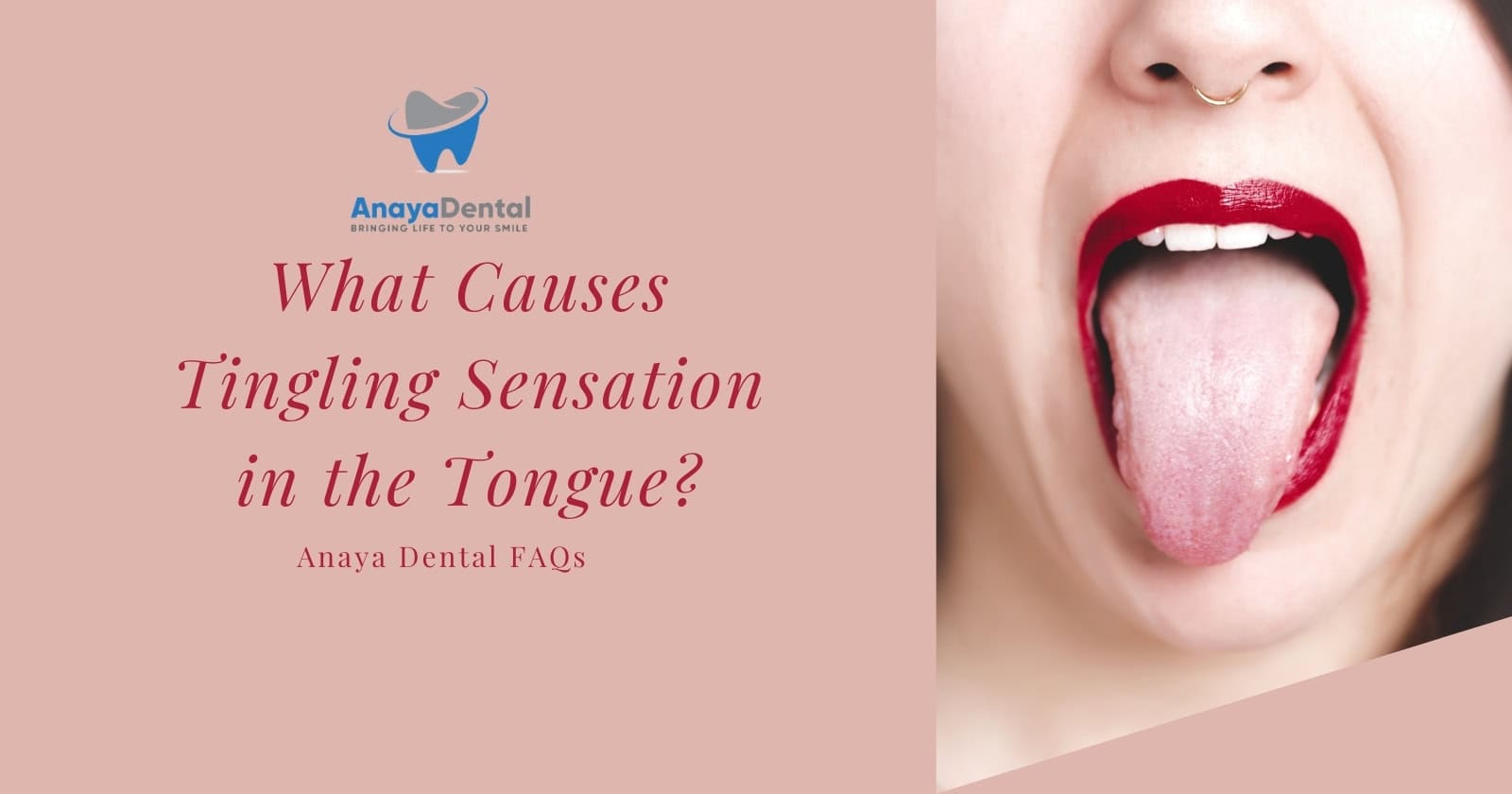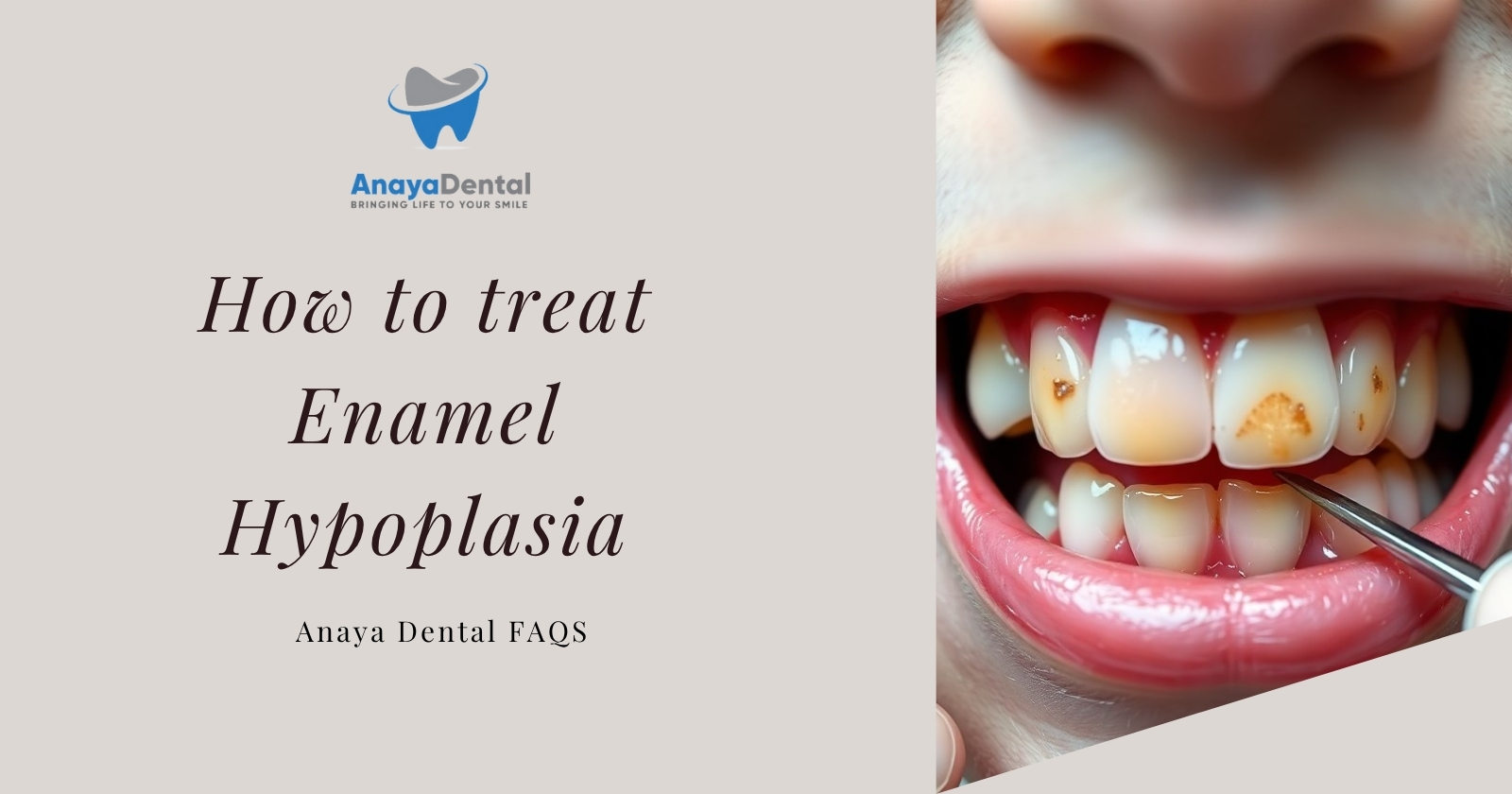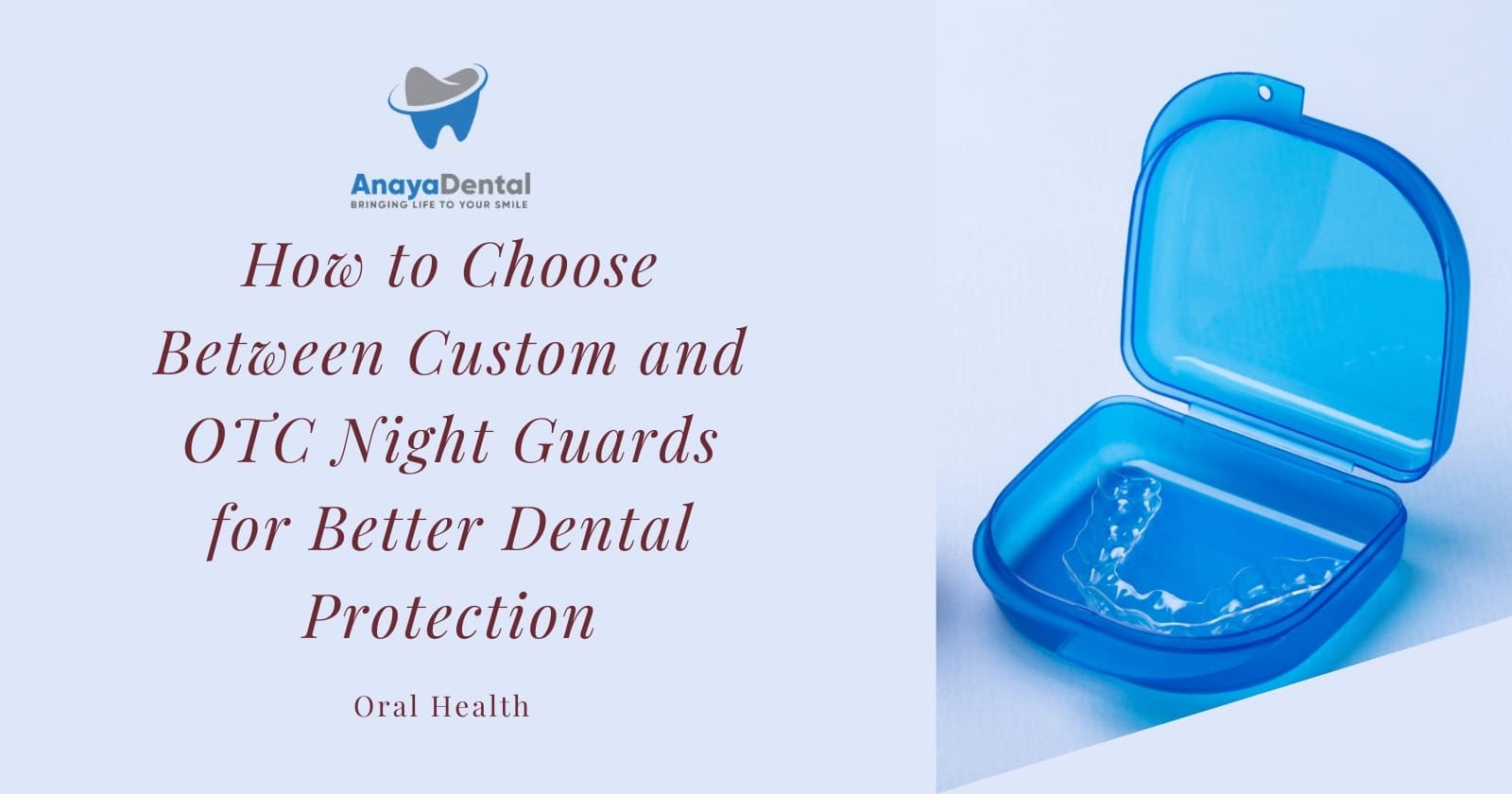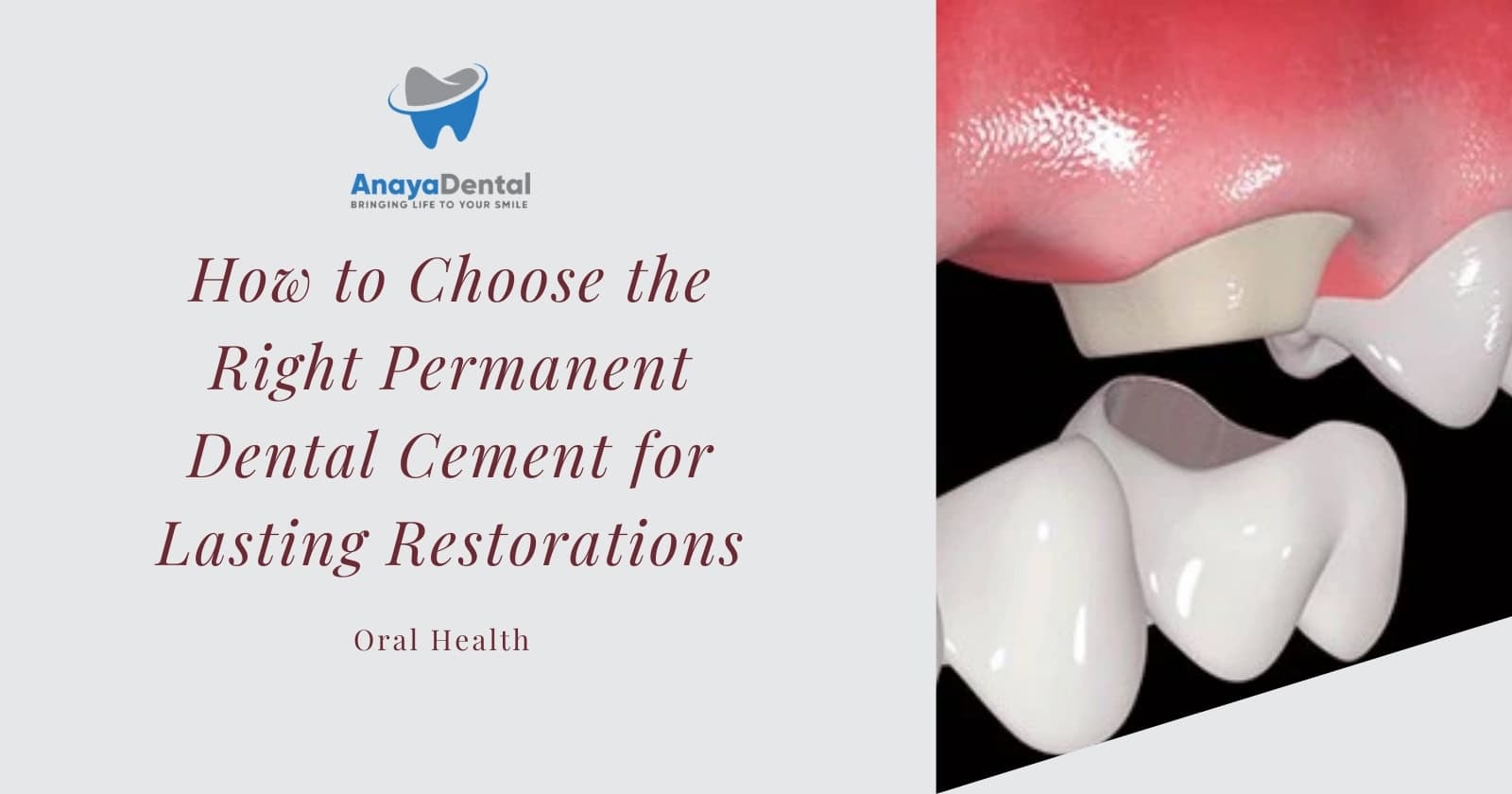A tingling sensation in the tongue, medically known as paresthesia, can be unsettling and may indicate various underlying conditions. While it is often harmless and temporary, persistent or recurrent tingling may require medical attention. Understanding the potential causes of this sensation can help you determine whether it is a minor issue or a sign of a more serious health condition.
Common Causes of a Tingling Tongue
A tingling tongue can result from a variety of causes, some mild and temporary, while others require medical intervention. It is essential to be aware of potential triggers to determine the right course of action. These causes range from dietary deficiencies to serious neurological disorders.
| Cause | Description |
|---|---|
| Allergic Reactions | Foods, medications, or environmental allergens can lead to tongue tingling, swelling, and even life-threatening anaphylaxis. |
| Canker Sores | Small, painful ulcers that appear inside the mouth can cause localized tingling or burning sensations. |
| Raynaud’s Phenomenon | A condition that narrows blood vessels in response to cold or stress, affecting blood flow to the tongue. |
| Hypoglycemia | Low blood sugar levels may cause dizziness, confusion, and tongue tingling. |
| Hypocalcemia | A lack of calcium can affect nerve function, leading to symptoms like tongue tingling and muscle cramps. |
| Vitamin B Deficiency | Deficiency in B12 or B6 can impair nerve health, causing tingling in the tongue and extremities. |
| Migraines | Some migraines include an aura, which may cause sensory disturbances, including tongue tingling. |
| Nerve Damage | Injuries from dental procedures or medical conditions like multiple sclerosis (MS) can lead to nerve dysfunction. |
| Stroke or TIA | A stroke or transient ischemic attack (TIA) may present with numbness or tingling in various body parts, including the tongue. |
| Medication Side Effects | Certain drugs, such as those used for chemotherapy or blood pressure control, may cause tongue tingling. |
| Anxiety and Stress | Psychological conditions like anxiety can cause tingling due to hyperventilation or heightened nervous responses. |
| Oral Infections | Bacterial or fungal infections in the mouth can lead to inflammation and a tingling sensation in the tongue. |
When to Seek Immediate Medical Attention
In some cases, tingling in the tongue may indicate a serious medical emergency. It is important to recognize when urgent care is needed to prevent complications. Some symptoms require emergency intervention to avoid life-threatening conditions.
Try Our Dental Calculators
- Sudden and unexplained tongue numbness or tingling, particularly if accompanied by weakness on one side of the body.
- Difficulty breathing, swallowing, or speaking, which may suggest anaphylaxis or a stroke.
- Loss of coordination, dizziness, or facial drooping, which could indicate a neurological issue.
- Symptoms occurring after an allergic reaction, stroke, or exposure to toxins, requiring immediate attention.
- Persistent tingling that does not go away or worsens over time, which may indicate a progressive condition.
- Tingling combined with loss of taste or pain, which could be a sign of an underlying infection.
Diagnosis and Treatment
Proper diagnosis is crucial to determine the cause of tongue tingling and to administer the appropriate treatment. Healthcare providers use a variety of methods to evaluate symptoms. Identifying the correct underlying cause is key to effective treatment and relief.
| Diagnostic Method | Purpose |
| Medical history and physical examination | To assess overall health and symptom patterns. |
| Blood tests | To check for vitamin deficiencies, blood sugar imbalances, and other metabolic issues. |
| Neurological exams | To evaluate nerve function and detect possible neurological conditions. |
| Allergy tests | To identify potential allergens that may be causing the reaction. |
| Imaging tests (MRI or CT scans) | To investigate neurological disorders or stroke possibilities. |
| Oral swab and culture tests | To detect bacterial or fungal infections that may be causing inflammation. |
Treatment options vary based on the identified cause. Some common approaches include:
- Managing allergies: Avoiding known allergens and using antihistamines.
- Dietary supplements: Taking vitamin B or calcium supplements if deficiencies are present.
- Blood sugar control: For diabetic or hypoglycemic individuals, maintaining stable blood sugar levels.
- Infection treatment: Using antifungal or antibacterial medications for oral infections.
- Nerve therapy: Physiotherapy or medications for nerve damage.
- Stress management: Meditation, therapy, or relaxation techniques for anxiety-related tingling.
- Medical interventions: Emergency care for stroke or severe allergic reactions.
Key Takeaways
A tingling sensation in the tongue can be caused by various factors, ranging from minor allergies to serious neurological disorders. Knowing the potential causes and symptoms can help in seeking timely medical intervention. Many cases are harmless, but persistent or severe symptoms require medical evaluation.
- Many cases of tongue tingling are harmless and temporary.
- Serious conditions like strokes, nerve damage, and hypoglycemia require urgent medical attention.
- Treatment depends on the underlying cause, from avoiding allergens to managing chronic conditions.
- Regular check-ups and a healthy diet rich in vitamins can help prevent tingling symptoms.
- If symptoms persist or worsen, consulting a healthcare professional is essential.
- Lifestyle changes, such as reducing stress and monitoring diet, can help prevent recurrence.
- Seeking timely medical attention can prevent minor issues from escalating into severe health problems.
By understanding the potential causes of tongue tingling, you can take appropriate steps to address the issue and seek medical help if needed.








